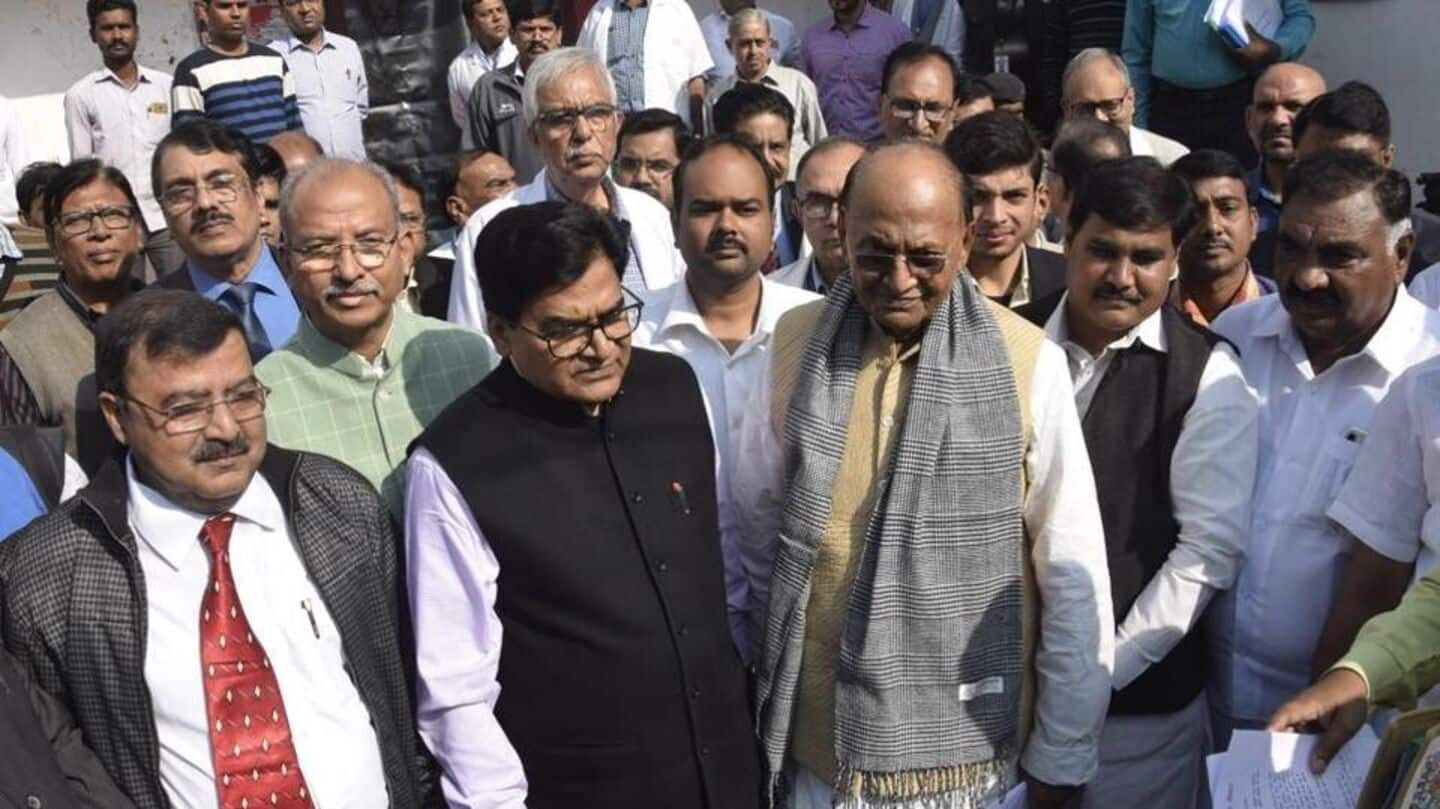
Centre considers extending parliamentary standing committees' tenures by 2 years
What's the story
The Indian government is mulling over extending the tenure of parliamentary standing committees from one year to two. The move, if approved, could enhance continuity and allow for more comprehensive examination of bills, reports, and policy issues. Currently, the terms of these committees are due to end on September 26.
Political impact
Tharoor's political future at stake
The proposal to extend committee tenures has special political implications for Congress MP Shashi Tharoor, who heads the external affairs committee. An extension would allow him to continue in his role for another two years, despite recent rifts with his party. Currently, these committees are reconstituted annually, but several MPs have pushed for a longer term to facilitate detailed studies of assigned subjects.
Term extension
Final decision pending after discussions
The proposal is still under consideration and could be finalized after discussions with the Rajya Sabha chairman and Lok Sabha speaker. While changes in committee chairpersons are unlikely, newly appointed members' tenures may be extended to ensure continuity. The decision on term extension is likely to have administrative and political ramifications on parliamentary functioning in the years ahead.
Committee functions
Role of standing committees in Parliament
Parliamentary standing committees are permanent bodies with a fixed number of MPs from both the Lok Sabha and the Rajya Sabha. They play a key role in examining proposed legislation, reviewing government policies, and scrutinizing budget allocations. These committees also hold ministries accountable through inquiries and evidence collection on specific areas of governance. When Parliament is not in session, standing committees often function as "mini-parliaments," enabling MPs to conduct detailed policy and legislative oversight without waiting for full parliamentary sittings.